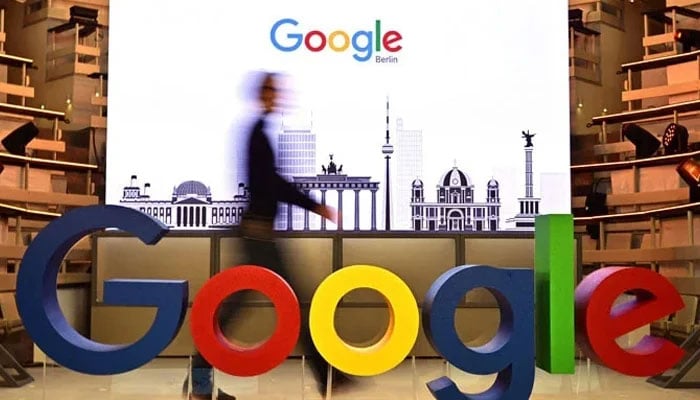Google unveils Bard AI chatbot, rival to ChatGPT, in 180 countries
Google CEO highlights generative AI focus at the conference amid societal concerns, following Microsoft's integration
Google has unveiled its AI chatbot, Bard, on a global scale, positioning it as a competitor to Microsoft's ChatGPT. The expansion aligns with Google's strategy to incorporate generative AI into its core offerings, notably its flagship search engine.
During the annual Google Developers conference, CEO Sundar Pichai underscored the company's commitment to leveraging generative AI as a catalyst for innovation. Google's expansion in AI capabilities follows Microsoft's rapid integration of similar technologies, even in the face of concerns surrounding societal impact and job displacement.
Google demonstrated how generative AI will enhance various services such as Gmail, photo editing, and online work tools, emphasizing the responsible implementation of AI with adherence to ethical standards.
By removing the waitlist, Google made Bard available worldwide in English, with plans to support 40 languages in the future. Additionally, the company introduced browser extensions that bring AI functionalities to popular apps like Gmail and Maps. These extensions enable features like auto-completion of text in emails and generating artwork ideas based on available supplies.
However, as generative AI expands, there are growing concerns about potential misuse, including the propagation of disinformation through voice clones, deep-fake videos, and convincing written messages. Experts have cautioned the need for prudence and a temporary halt in the development of powerful AI systems to ensure safety.
Microsoft's OpenAI-backed AI models have recently become accessible to the public, enhancing Bing search engine and Edge browser capabilities with image and video processing. The risks and ethical implications of AI remain prominent subjects of discussion, with influential figures like computer scientist Geoffrey Hinton sounding the alarm on the serious and imminent existential threats posed by AI.
Nevertheless, both Google and Microsoft persist in aggressively integrating generative AI, recognizing its potential to enhance user experiences and revolutionize various industries. Moving forward, responsible development practices and stringent ethical guidelines will be essential in addressing potential challenges and harnessing AI for the betterment of society.
-
Shanghai Fusion ‘Artificial Sun’ achieves groundbreaking results with plasma control record
-
Polar vortex ‘exceptional’ disruption: Rare shift signals extreme February winter
-
Netherlands repatriates 3500-year-old Egyptian sculpture looted during Arab Spring
-
Archaeologists recreate 3,500-year-old Egyptian perfumes for modern museums
-
Smartphones in orbit? NASA’s Crew-12 and Artemis II missions to use latest mobile tech
-
Rare deep-sea discovery: ‘School bus-size’ phantom jellyfish spotted in Argentina
-
NASA eyes March moon mission launch following test run setbacks
-
February offers 8 must-see sky events including rare eclipse and planet parade












